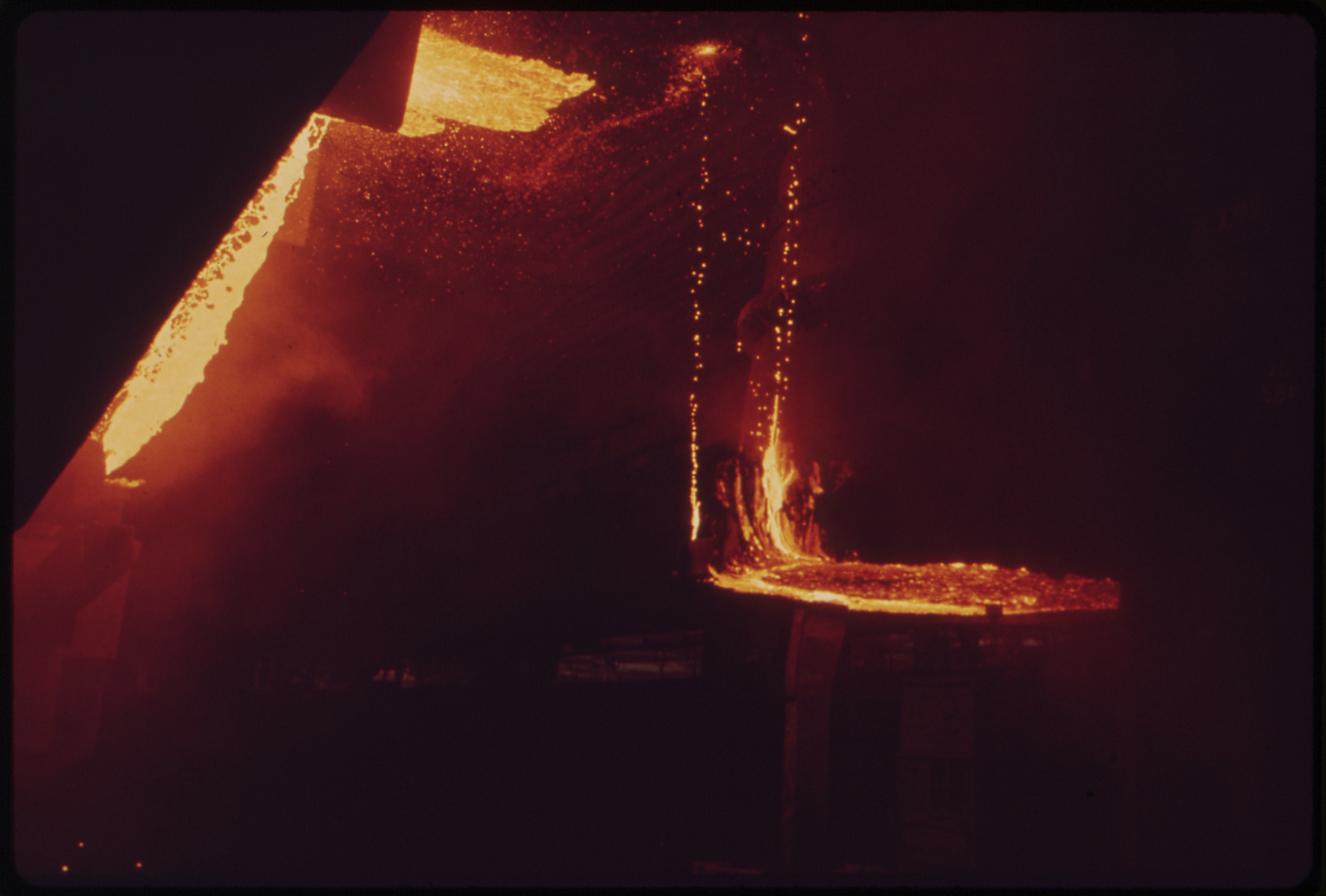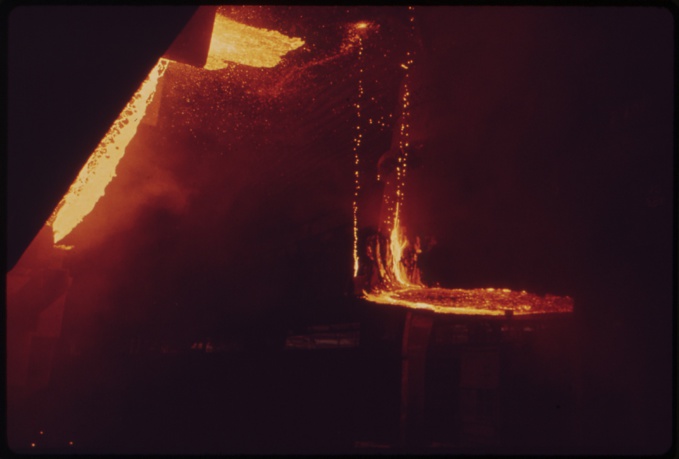The European Commission approved protective measures against steel imports: from February 2, tariff quotas have been introduced for 26 types of products, above which supplies are subject to a duty of 25%. The size of quotas is set at the level of historical imports (earlier, the United States introduced protective duties on imports of steel and aluminum at a rate of 25% and 10%, respectively). The quotas will be gradually increased. In July last year, the EC has already initiated introduction of temporary restrictions similar to the current one. The measures do not violate the EU's obligations to the WTO, the report said.
According to results of an investigation conducted by the European Commission, limitations of the United States led to a sharp increase in steel supplies to the European market. The “unfair practices” of a number of trading partners resulted in a constant oversupply that threatens European manufacturers. In particular, the share of imports of steel in the EU increased from 18.1% in 2017 to 18.8% in 2018, shipments over the same period from 30 thousand tons to 31.3 thousand tons, and the overall increase over five years was 71%. At the same time, metal supplies for these 26 product groups dropped sharply in the USA: from June to September 2018 (the last month for which statistics are given), they were 80–94% of January, and the decline was 25% by September 2017.
It is assumed that EU suppliers from the main partner countries will receive individual quotas. Mostly, the quotas will affect South Korea, China, India, Serbia, Ukraine, Taiwan and Turkey. Only deliveries of several types of stainless steel from the US will be formally limited. Although, deliveries from the EU overseas were estimated at $ 7.7 billion before the introduction of US restrictions in 2017, and from June 1, 2018 they are subject to duties, despite ongoing negotiations on permanent US and EU trade agreement.
Recall, so far only Australia was freed from duties, which accounted for no more than 1% of steel imports to the United States. South Korea, Argentina and Brazil, which concluded deals with Washington, were able to receive duty-free deliveries only within certain quotas (they account for about 20% of imports). These quotas are quickly exhausted and do not compensate for introduction of the fees, the EC noted.
Additional pressure on the market is also exerted by numerous retaliatory measures announced by other countries. Earlier, deliveries of Canada, the largest exporter to the United States, amounted to $ 12.4 billion, Mexico - $ 2.9 billion (there are duties for steel from both countries, despite reaching agreement on a renewed free trade zone). China supplied steel to the US for $ 2.9 billion, Russia - for $ 3 billion, Japan - for $ 2 billion, Turkey - for $ 1.3 billion. China, India, the EU, Canada, Mexico, Norway, Switzerland, Russia and Turkey are going to appeal the restrictions.
source: finance.yahoo.com
According to results of an investigation conducted by the European Commission, limitations of the United States led to a sharp increase in steel supplies to the European market. The “unfair practices” of a number of trading partners resulted in a constant oversupply that threatens European manufacturers. In particular, the share of imports of steel in the EU increased from 18.1% in 2017 to 18.8% in 2018, shipments over the same period from 30 thousand tons to 31.3 thousand tons, and the overall increase over five years was 71%. At the same time, metal supplies for these 26 product groups dropped sharply in the USA: from June to September 2018 (the last month for which statistics are given), they were 80–94% of January, and the decline was 25% by September 2017.
It is assumed that EU suppliers from the main partner countries will receive individual quotas. Mostly, the quotas will affect South Korea, China, India, Serbia, Ukraine, Taiwan and Turkey. Only deliveries of several types of stainless steel from the US will be formally limited. Although, deliveries from the EU overseas were estimated at $ 7.7 billion before the introduction of US restrictions in 2017, and from June 1, 2018 they are subject to duties, despite ongoing negotiations on permanent US and EU trade agreement.
Recall, so far only Australia was freed from duties, which accounted for no more than 1% of steel imports to the United States. South Korea, Argentina and Brazil, which concluded deals with Washington, were able to receive duty-free deliveries only within certain quotas (they account for about 20% of imports). These quotas are quickly exhausted and do not compensate for introduction of the fees, the EC noted.
Additional pressure on the market is also exerted by numerous retaliatory measures announced by other countries. Earlier, deliveries of Canada, the largest exporter to the United States, amounted to $ 12.4 billion, Mexico - $ 2.9 billion (there are duties for steel from both countries, despite reaching agreement on a renewed free trade zone). China supplied steel to the US for $ 2.9 billion, Russia - for $ 3 billion, Japan - for $ 2 billion, Turkey - for $ 1.3 billion. China, India, the EU, Canada, Mexico, Norway, Switzerland, Russia and Turkey are going to appeal the restrictions.
source: finance.yahoo.com



















